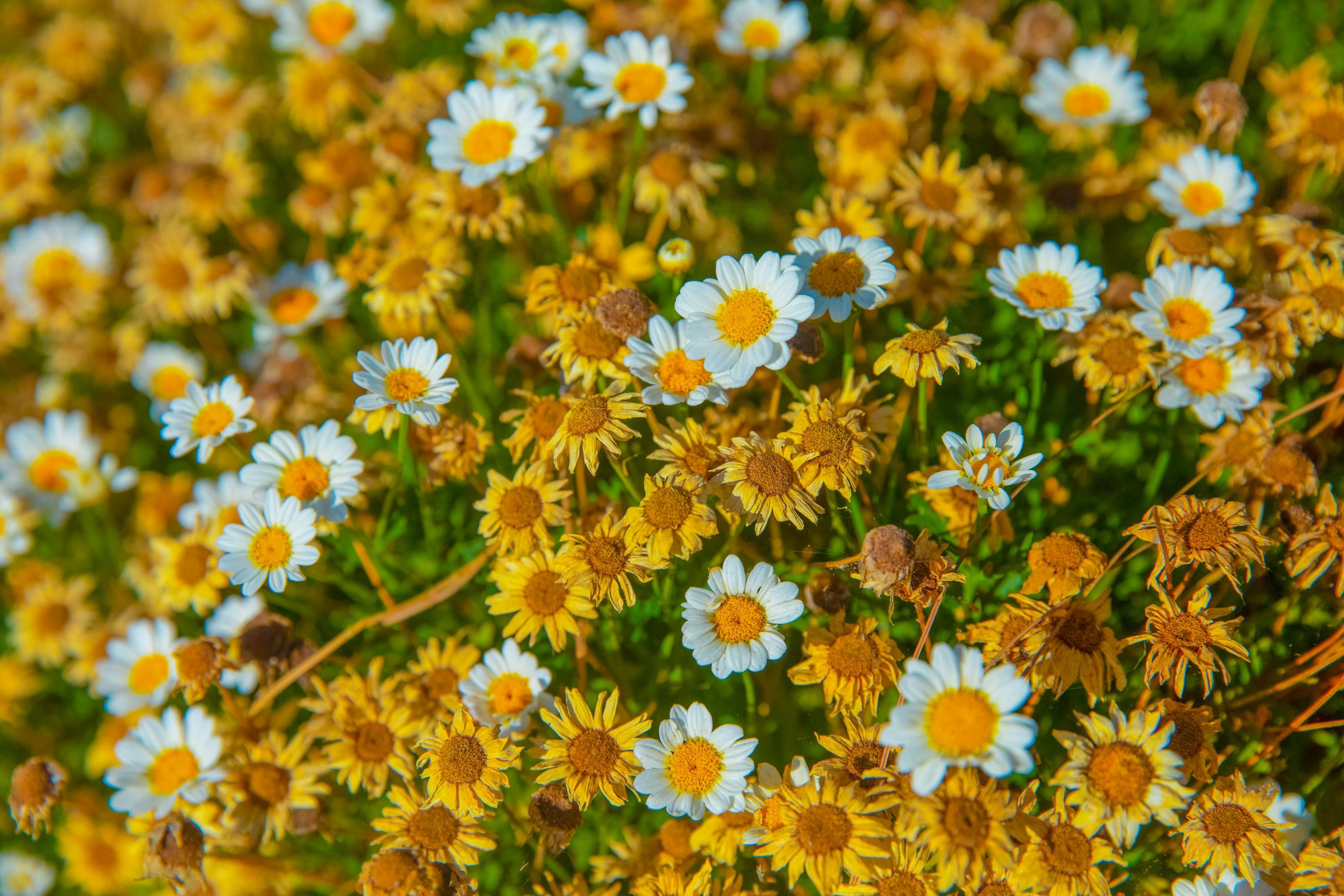Blossom is no longer active
 Thank you for your interest in Blossom. Our program is now closed and no longer accepting new members!
If you’re a current member and have questions about your account or care, please don’t hesitate to reach out to us at support@meetblossom.com, we’re here to help.
— The Blossom Team
Thank you for your interest in Blossom. Our program is now closed and no longer accepting new members!
If you’re a current member and have questions about your account or care, please don’t hesitate to reach out to us at support@meetblossom.com, we’re here to help.
— The Blossom Team